Dentures are removable replacements for missing teeth. The denture base can be made of acrylic, cobalt chrome metal or nylon base. This houses artificial teeth which mimic the look and function of a full set of teeth.
Types of dentures available
- Acrylic dentures – The most commonly used option due to its mouldability and cost-effectiveness. Acrylic dentures can be altered, so adjustments can be made to adapt to changes in your mouth over time more easily than metal dentures.
- Cobalt chrome dentures – These have a strong metal base, so they are much less bulky and more fracture-resistant than acrylic-based dentures. Metal clasps fasten the dentures to existing natural teeth, making them sturdier and more comfortable. However, they are more expensive than acrylic dentures.
- Flexible dentures – Flexible dentures are not brittle and are unlikely to shatter if dropped. Comfort is a major benefit, and patients often find chewing easier than when wearing regular dentures. They also have no visible metal clasps or hooks as may be the case for acrylic or chrome dentures.
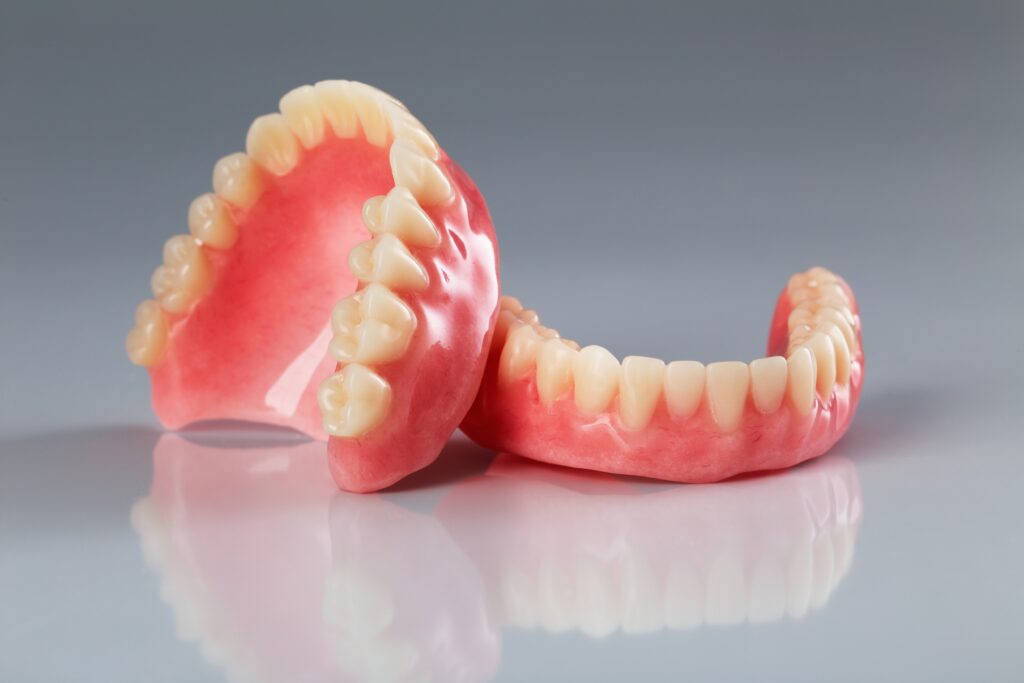 Acrylic dentures
Acrylic dentures Cobalt Chrome dentures
Cobalt Chrome dentures Flexible Denture
Flexible Denture Partial denture
Partial denture
Whatever type of denture you choose, it will take you some time to get used to wearing it. After an adjustment period, they should begin to feel more comfortable and natural. Removable full or partial dentures are intended for wear during the day and should be removed at night and soaked in a denture cleaning solution.
Advantages of dentures
Dentures are lower in cost compared to other teeth replacement options and can be fabricated in a relatively short time. They are easy to remove for cleaning and are easier to repair than other teeth replacement options.
Disadvantages
Dentures take a while to get used to. The metal clasps which help to hold the denture in the mouth may be visible when speaking or smiling. You may encounter speech issues in the first few days. Full upper dentures cover the upper palate and will affect your sense of taste. Besides, you can at best chew at 15-23% of the efficiency of a person using their natural teeth.
You need to remove your dentures every night and be disciplined in keeping them clean. Failing to do so can lead to mouth irritation, sores, tooth decay, gum disease and further tooth or bone loss. Your mouth is constantly changing in shape; gums recede and bone loss occurs over time where there is no tooth or fixture to secure it. Dentures need to be replaced approximately every five years to achieve a good fit.
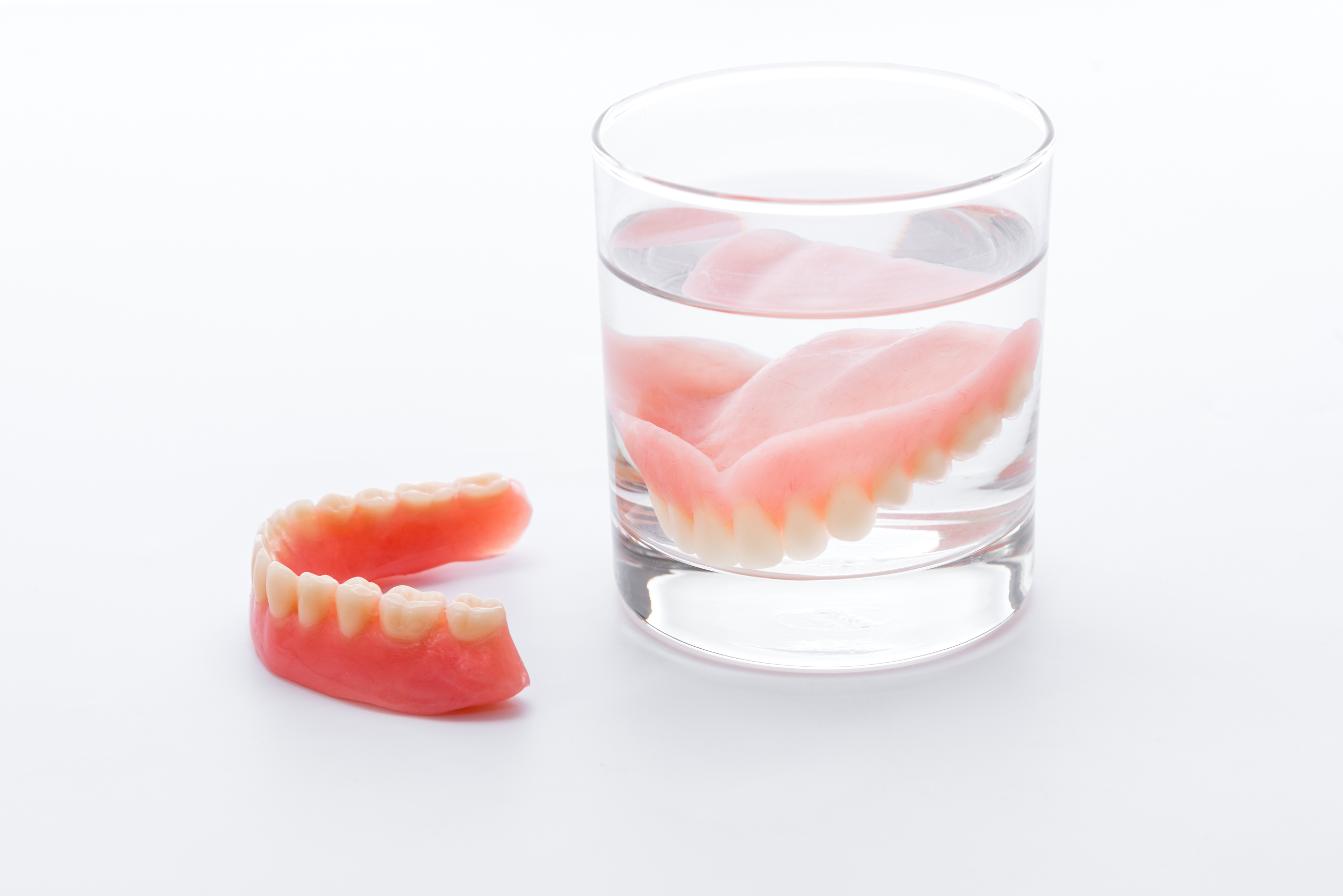
Procedure
The process of getting partial or full dentures takes about four to six weeks. It involves several appointments and follows these steps:
- Primary Impression: Initial impressions of your jaws and teeth are taken.
- Secondary Impression: Measurements are taken. The denture is designed and the shade is selected.
- Denture Try-in: A wax denture is fitted so you can make any adjustments to the colour, shape and fit before the permanent dentures are made.
- Denture Issue: The final denture is done and fitted in your mouth. Further slight adjustments may be necessary.
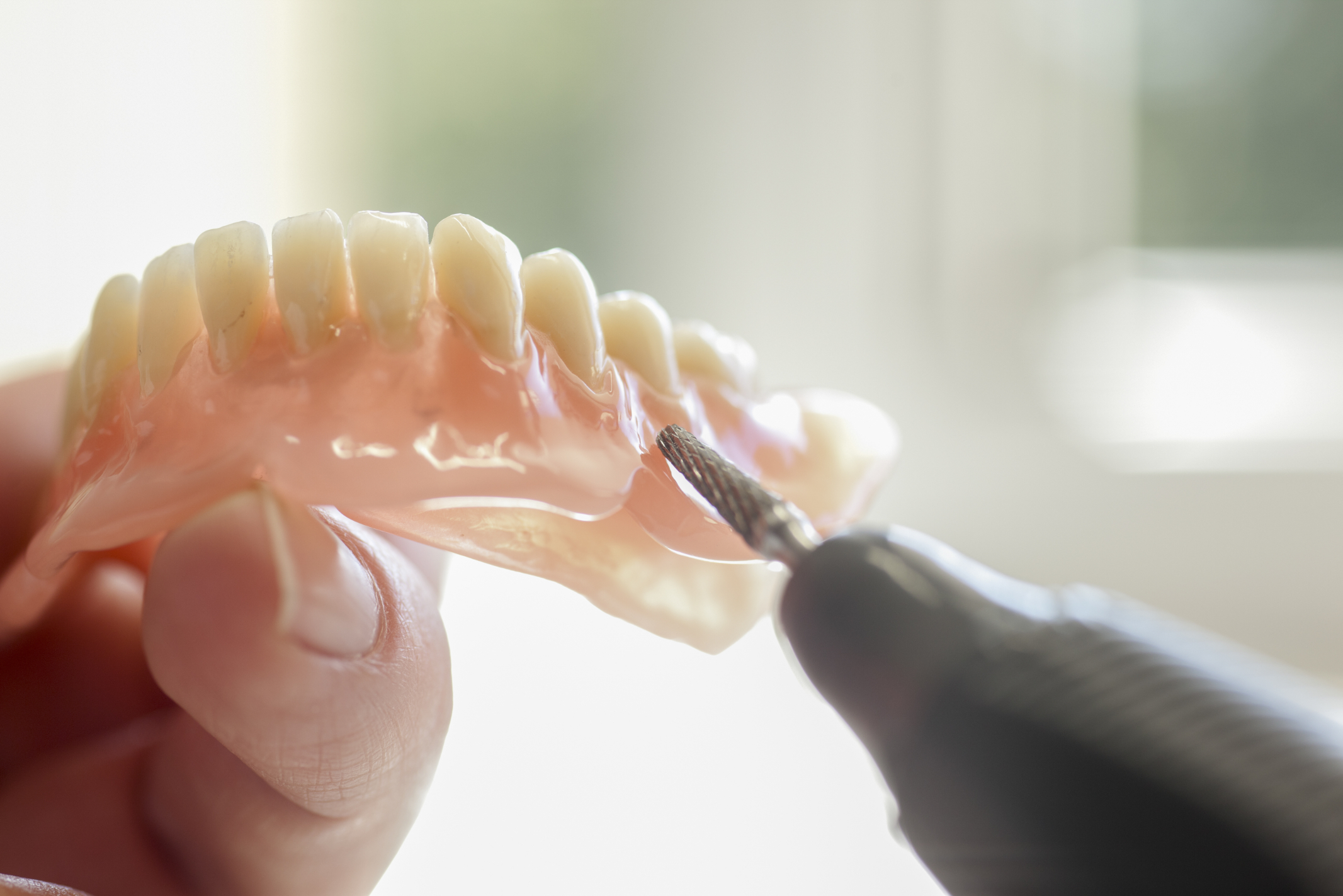
When you first receive your dentures, you will need some time to get used to them. Some patients may need further adjustments to the denture over the first 3 months.
Other Replacement Options for Missing Teeth
Dentures are a good teeth replacement option but have become less popular over the years due to the inconvenience of maintenance required. Other replacement options like dental implants and bridges have become more widely chosen. For more details, check out the relevant pages.


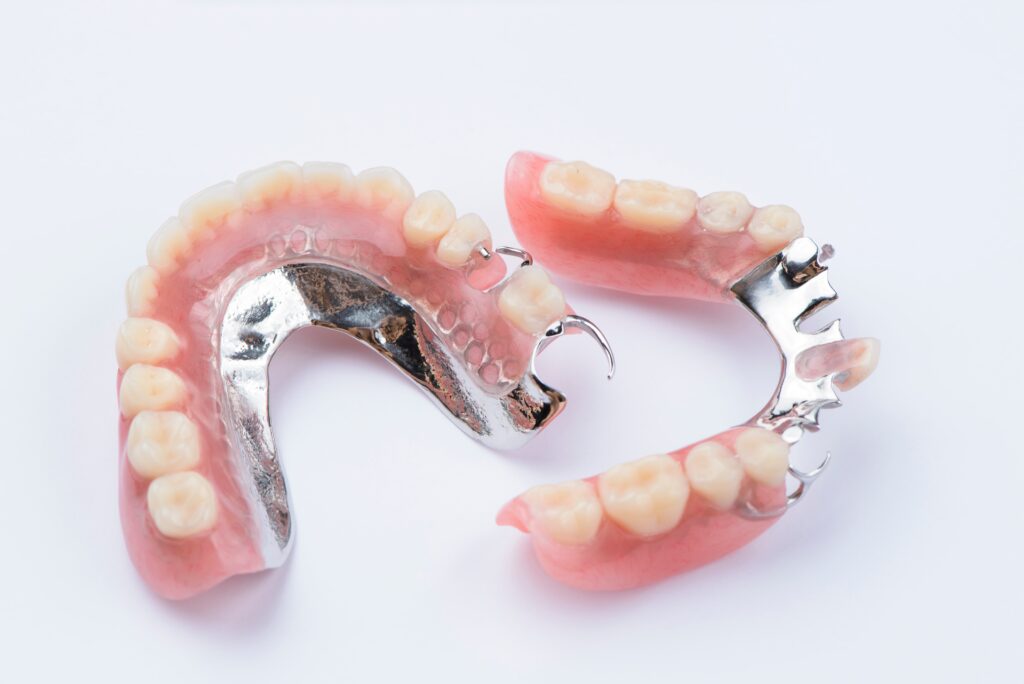 Cobalt Chrome dentures
Cobalt Chrome dentures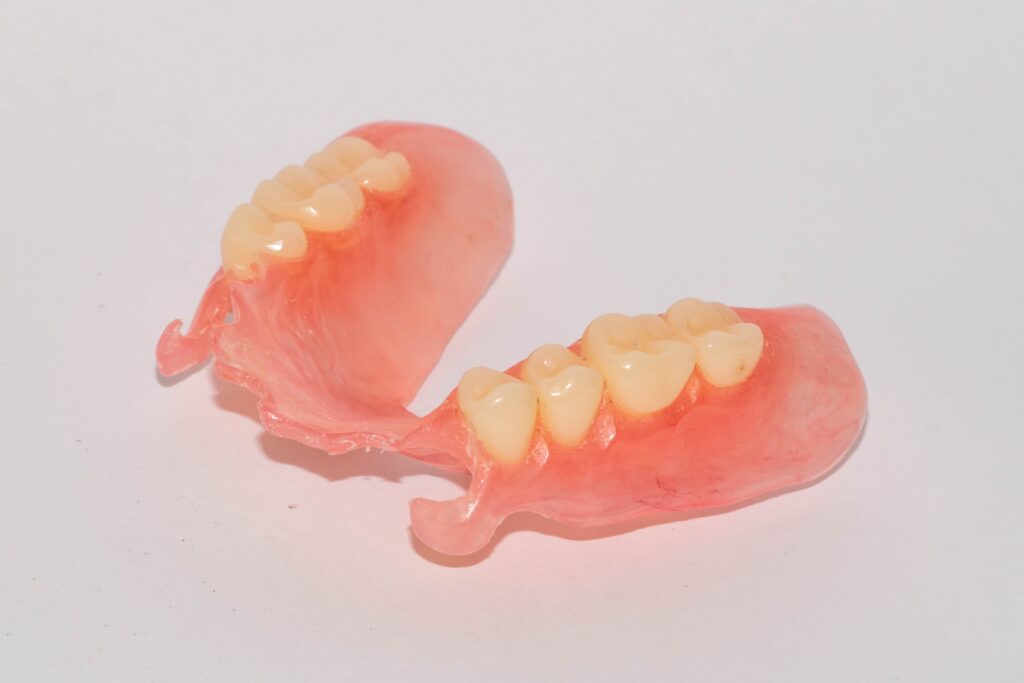 Flexible Denture
Flexible Denture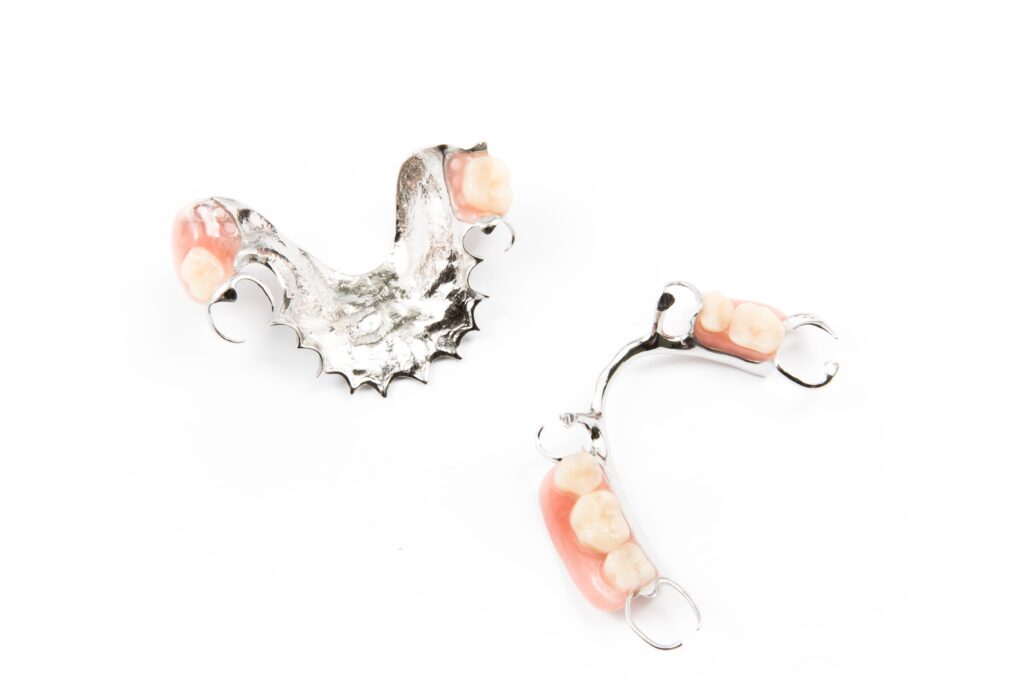 Partial denture
Partial denture